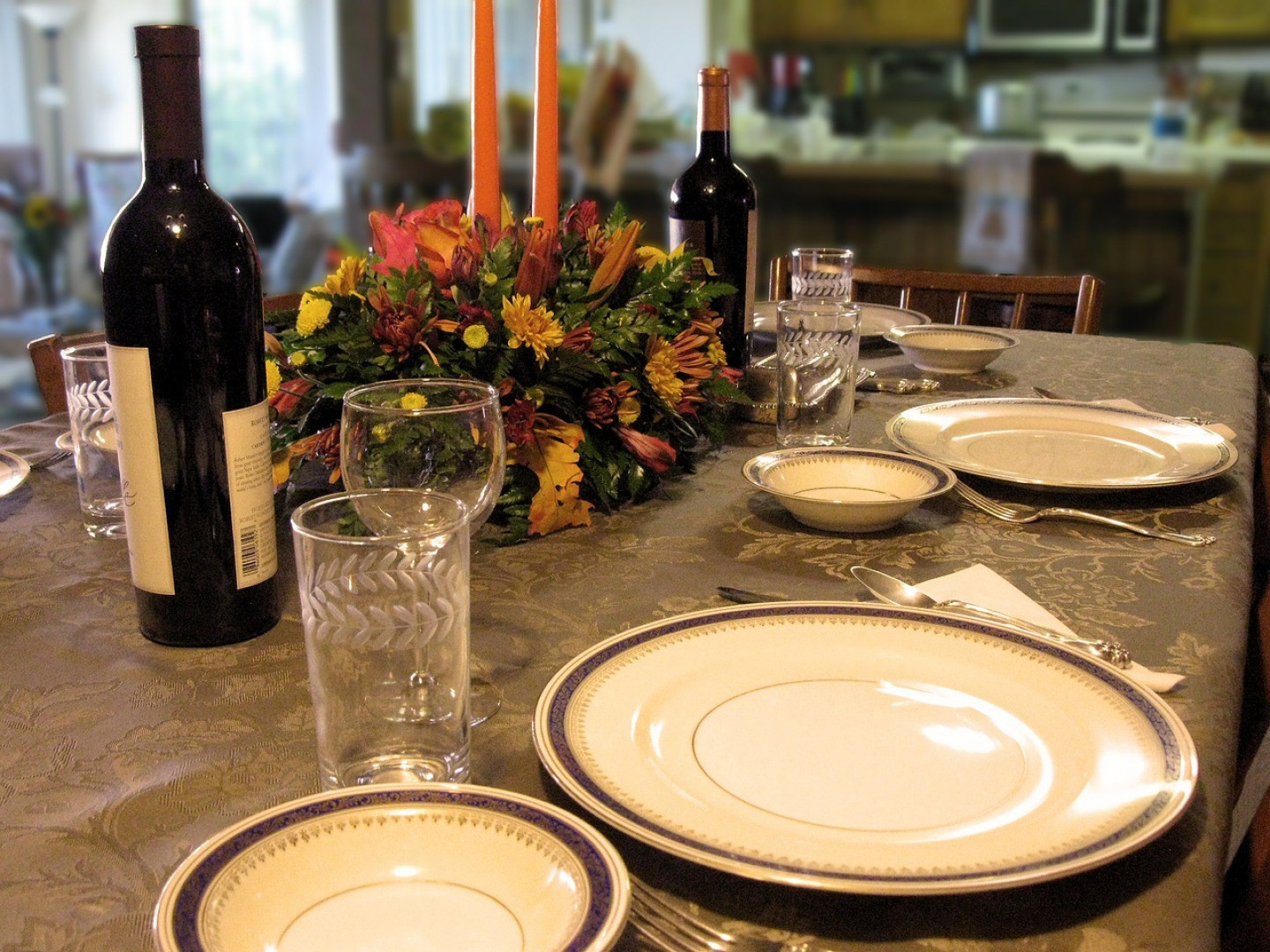Home for the Holidays: How to Survive the Holidays with Your Family
This recent Thanksgiving with extended family was not the Norman Rockwell picture that some of you may have experienced. The father-in-law of my niece was present and decided to poll everyone on who they voted for in this past election and would not be deterred or detoured off the topic. When that fell flat, he then decided to grill a family member on why that person married their spouse of 40 years and how accepting the family was of the spouse. Let’s just throw gasoline on that fire.
Some of you may have parents and family who have supported you 100% throughout your entire evolution. They smiled when you got the Mohawk and dyed your hair purple in 8th grade, applauded when you dropped out of college to hitchhike through India, yelled, “Congratulations!” when you announced you were seriously dating someone 25 years older than you, and were the first in line to buy shares in the butterfly farm you developed in South America.
If that is your family, then this blog is not for you.
However, most of us have families who, though well meaning and loving, consciously or unconsciously tried to hold us back from becoming the person we needed to be. They might have been subtle or blatant. They might have shamed us, badgered us, withheld funds or love – all in an attempt to shape us into who they thought we should be. And maybe you chose to live half way across the country from them so that you could finally spread your wings. But now, you are heading home for the holidays. You’ll be breaking bread at Thanksgiving or lighting the menorah for Hanukkah or opening presents under the Christmas tree with these same folks.
Not in the top ten items on your bucket list, right?
Yet, on the flip side, these people do love you in their way and you do love them in your way. So how can you survive or even enjoy this time together? Here are a few tips.
4 Tips for Family Holiday Survival
1. Pre-pave with Forgiveness
So knowing you’ll be seeing some folks that have been difficult for you, prepare yourself. Rather than focusing on how irksome they still might be and how you can “defend”, spend some time using whatever forgiveness process works best for you. Everything you see, everything you hear, every person you meet, you experience in your mind. You only think it is “out there” and you think that absolves you of responsibility. In fact, it is the opposite: You are responsible for everything you think and everything that comes to your attention.
My insight that the above father-in-law is probably anxious and not very self-confident when he is out of his element gives me some compassion into his intrusive comments and topics of conversation.
2. Tell a New Story
Basically, take a situation and experience it from a totally different perspective. For example, think of an incident from your past with one of your difficult relatives that still irks or upsets you. Now, image that same incident, but put your relative in a duck costume. See them waddling around, flapping their arms as they do whatever they did back then. Give them a Daffy Duck voice as they speak to you and add silly sound effects. Make this image of them as bright, colorful and big as you can.
Trust me: If you spend some time playing with your new, ridiculous version of the hurtful incident, the charge you will feel will start to disappear. And you may even have some new insights into what was really going on at the time.
3. Don’t Take It Personally
Everyone interprets life through their own filters and their own assumptions. What another person sees in you has more to do with who they are than who you are. When Uncle Warren insists that you’re a fool for trying to start your own business and that you should get a real job with benefits, he’s talking about his own fears and limitations, not yours. My advice taken from Melody Beattie is: Feel what you feel, know what you know, and set your relatives free to do the same. When you really start to understand this, rather than feeling insulted by what Uncle Warren has to say, you might instead feel curious and may even be able to enter into an interesting conversation about why he feels the way he does.
4. Bring Yourself to the Party
Have you ever noticed that you can revert to who you were as a child when you return to the friends and family of your childhood? We all learned to “play our part” in the family dynamic as children. We were “the nice one”, “the smart one”, “the one who comforted mom.” Whatever role we took on, we got really good at it. Like riding a bike, our ability to play that part is still available and, when we go back home, we can slip into those old roles automatically.
As adults, we have grown and changed, hopefully, becoming more of who we really are. Prepare yourself to enter your old family environment by reminding yourself of who you have become. Make two columns on a sheet of paper, one titled, “Who I Was” and the other titled “Who I Have Become.” Jot down the different characteristics of each.
Now take it a step further by personifying those characteristics. For example, if you were “timid,” what posture reflects that quality? And now that you are “self-assured,” feel how that posture is different. Do you speak differently? Have different eye contact? Note your “befores” and “afters” so that you can catch yourself when you slip into your old roles.
Just like giving an important presentation or getting ready for a big date, the key is in the preparation, not for the worst outcome of your family holiday gatherings, but the best possible outcome.
Read more:



